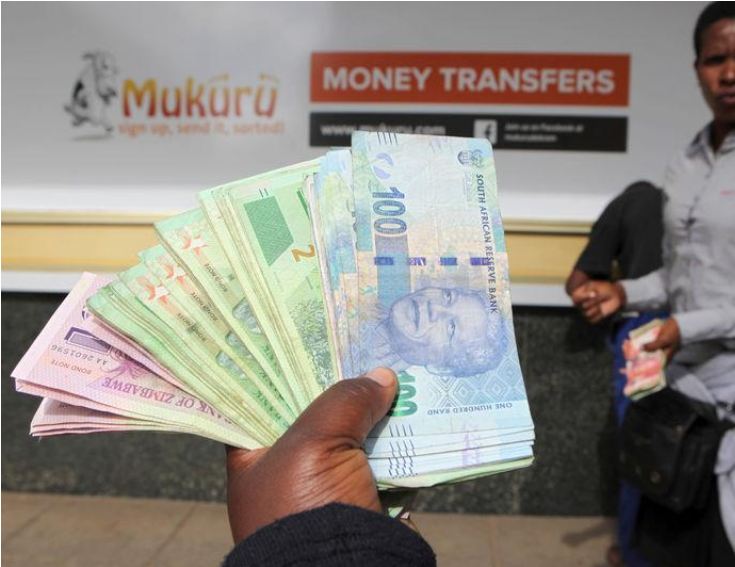
Zimbabwe suspends stock exchange, mobile payments over ‘economic sabotage’

Zimbabwe on Friday suspended trade on the stock exchange and mobile phone-based payments to address what President Emmerson Mnangagwa’s government called “criminality and economic sabotage”.
The decision to suspend mobile payments will hit the economy hard as more than 80% of all transactions are conducted on phones due to a shortage of banknotes, according to central bank data.
In a statement on Friday, government spokesman Nick Mangwana said the move, which takes immediate effect, was part of efforts to arrest the slide of the Zimbabwe dollar, which has sharply devalued since its reintroduction last year after a decade of dollarisation.
“Government is in possession of impeccable intelligence which constitutes a prima facie case whereby the phone-based mobile money systems of Zimbabwe are conspiring, with the help of the Zimbabwe Stock Exchange, either deliberately or inadvertently, in illicit activities that are sabotaging the economy,” the statement said.
The suspension of all mobile payments and the stock market was meant to allow “intrusive investigations”.
The government says mobile payment platforms were major drivers of a roaring foreign currency trade outside formal banking channels, with multiple listed stocks such as Old Mutual providing proxy exchange rates implied by their prices on foreign bourses such as the London Stock Exchange.
On Tuesday, Zimbabwe’s central bank began weekly foreign currency auctions in a bid to draw scarce foreign currency into the formal market.






